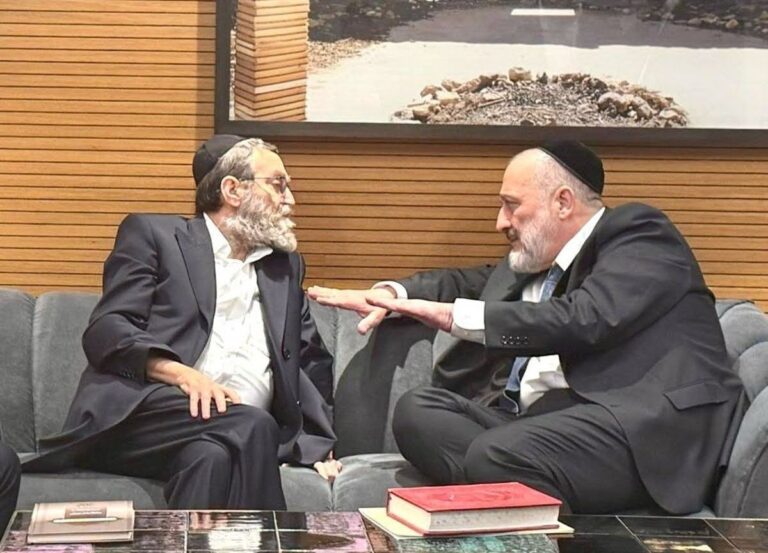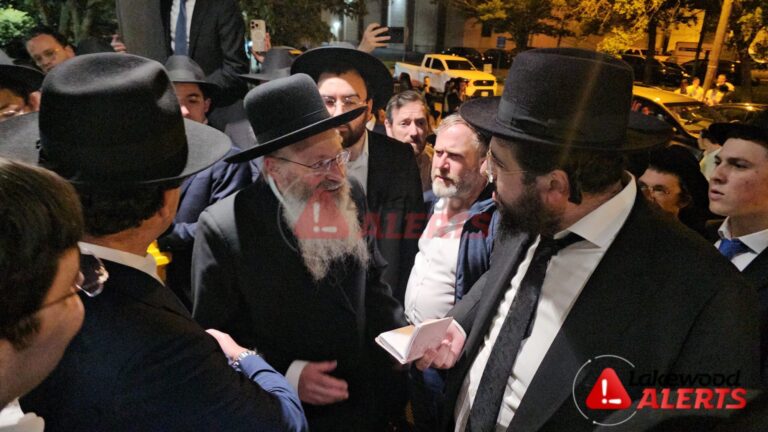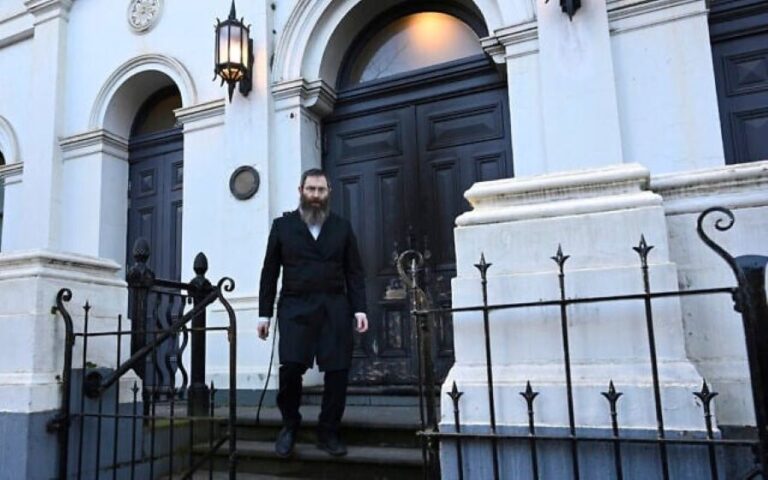In this weeks parshiyos the Torah discusses how Hashem commanded Moshe to build the Mishkan, and how He appointed Betzalel to spearhead the entire project. When the pasuk described this it uses a lengthy introduction of ‘See, Hashem has called by name Betzalel, the son of Uri, the son of Chur, of shevet Yehudah.’ (35; 30)
It is understandable that if Hashem was pointing out to Moshe who was going to be in charge of the project, why He chose to elaborate with such a lengthy introduction. But why the interesting use of the word ‘See’?
Furthermore, when Hashem told Moshe that his brother Ahron was going to be the Kohen Gadol He did not use a loshon of ‘See’. We don’t find anywhere the use of this loshon. Why the use over here?
Harav Moshe Feinstein, Zt’l, answers this by stating an important idea.
Everyone is born with different strengths and inimitable talents. Some people may be extremely bright while others are very strong; everyone has their own unique gifts. Every individual person has to realize that when they are given a talent it does not come free of responsibilities. When a person is given a talent it is to be used to help glorify Hashems name with that unique gift or talent. If a person fails to utilize his talents for the right objective, they will ultimately have to answer for it after one hundred and twenty years. Says Rav Moshe zt’l, if you were to have taken a look Betzalel you would see all his wisdom and talents; you were able to see by looking at him that he was the right person for the job. He was the one that was destined to spearhead this project with his talent.
In parshas B’haaloshca, by the story of the misoninim, after bnei Yisroel had complained, Moshe said to Hashem: ‘how do you expect me to cradle them like a mother carries her child?’ Rishonim ask that Moshe was never commanded by Hashem to be that type of leader. Why was he coming to Hashem with the complaint of him not being able to cradle them?
Says the Mashgiach, Reb Yerucham Levovitz, zt’l, that if a person has a talent that he is capable of doing, as long as he is capable of doing the task on hand, it is as if Hashem commanded him to do so.
When Netziv completed his work on the she’iltas, after many years of working on it, he made a seuda. He got up by the siyum and he started crying. He related when he was a little boy he was having a very hard time in yeshiva as he would struggle daily just to understand what the Rebbi was saying. One night he overheard his parents talking and they were saying that they were paying so much for his schooling and yet he just wasn’t grasping it. His father wanted him to learn a trade so at least he can grow up and have a living while staying an ehrliche yid; he wanted him to be a shoemaker. Upon hearing this he ran out of his room and begged them for one more chance. He said let me try a little harder and I will do my best to succeed.
Said the Netziv imagine had I become an ehrliche shoemaker. I would have been god fearing, a baal tzedakah and have opened my home for chessed. But when I would have passed and came up to shomayim to the kiseh hakavod, they would have pulled out my seforim and asked: Naftali, where are they?’ Now, Baruch Hashem I can come up there with this completed pirush. I made the effort and I was capable of writing this extensive work.
What the Netziv was expressing to us was that if we have a talent and we fail to use it, we will be held accountable for it. Re’u-See-we all have to take a hard long look at ourselves and find our talents, and by that we will be able to attain our purpose on this world.










